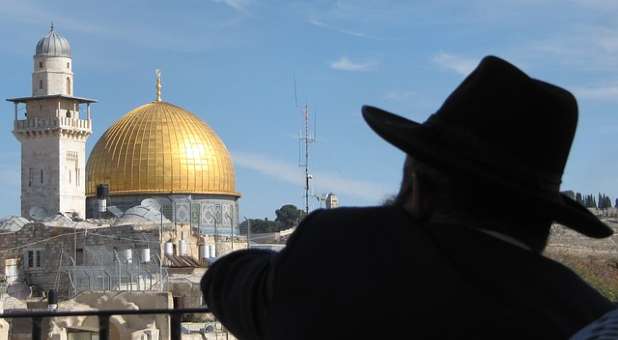Every morning after I finish my prayer and study time, I get on my phone or my computer to check my messages and emails. After reading my email, I will usually open one of my social media accounts and post a few thoughts for the day, which I hope will be encouraging to my friends. While online, I take some time to scroll down my newsfeed and check on my friends. Sometimes they have shared photos of their family activities, weddings, graduations or new births. Other times, I will see posts from a friend asking for prayer or another sharing the loss of a loved one. There will be videos of a biblical teaching, a new song (or an old song), information about a conference or the release of a new book or album.
As I scroll through the thousands of posts on my feed—in between baby photos; graphics showing biblical characters engaged in modern events; recipes for the best gluten free, fat free, sugar free chocolate cake and cat memes—nearly every day, but especially as we get closer to one of the biblical appointed times or holy days like Passover, or Yom Teruah/Rosh HaShanah—I see memes, posts and diatribes attacking “The Rabbis.” “The Rabbis did this,” “The Rabbis said that,” “The Rabbis changed this” and so forth.
I also know that the vast majority of the people attacking, slamming and mocking “The Rabbis,” when challenged to name who “The Rabbis” are, would have difficulty naming even one of them. Most people reading online assume that the person posting or sharing would have at least a limited amount of knowledge concerning “The Rabbis.”
Most people I talk to seem to believe these people known only as “The Rabbis” all agreed with one another on every issue, failing to understand that Judaism is not a collective (like the Borg from Star Trek) that share one mind and one consistent thought pattern.
The truth is that the old joke about two Jews having three opinions is reasonably accurate. So, while there is a unity of faith in Judaism, there is not a singular understanding of any one belief. In fact, any extrabiblical books that we, in Judaism, use to explain what we believe are collections of ideas and thoughts made up of major and minor opinions and not a statement of faith, as you would find within a specific Christian denomination.
The vast majority of those posting things about “The Rabbis” are doing so as a means to attack Judaism as a whole. They say things such as, “The Rabbis changed the calendar,” “The Rabbis hid the true name of G-D,” “The Rabbis changed when Sabbath should be,” or any of a long list of claims and distortions that you find presented as fact on social media.
While as a Messianic Jew I clearly do not believe everything that “The Rabbis” have taught or said, I cringe every time I see a Christian post something about “The Rabbis” because a large part of our efforts to share the Good News of Messiah involves sharing and speaking with Jewish people who see those untrue (or at least partially untrue) posts about “The Rabbis,” and each time they see those posts, it makes it that much more difficult to share with them about another Rabbi who brought significant changes to Judaism: Yeshua (Jesus). Not only are posts about “The Rabbis” inaccurate for the reasons listed above, they also come off as hateful and anti-Semitic and make sharing Yeshua with my Jewish people more difficult and add one more item to the long list of antisemitic acts attributed to Christians against the Jewish people.
Social media provides a method of communication through which we can share our thoughts and experiences with millions of people in a blink of an eye. The advantage of social media is that it connects us with people around the world in ways never even dreamed of by our parents and grandparents. The disadvantage of social media is that it provides a method of communicating our thoughts with millions of people in a blink of an eye in ways never even dreamed of by our parents and grandparents. Many of those people are not yet believers in Yeshua, and millions of those people who do not yet believe in Yeshua are Jewish.
So, while I don’t actually hate “The Rabbis,” I absolutely hate the words “The Rabbis” when I see them in social media posts or memes shared by a believer in Yeshua. Not only is the post often untrue, it is a stumbling block thrown in between Jewish people and their Messiah, Yeshua. {eoa}
Rabbi Eric Tokajer has served the community of Brit Ahm Messianic Synagogue in Pensacola, Florida since 2006. In addition to serving at Brit Ahm, he also helped to establish six other Messianic synagogues along the United States, Gulf Coast. He is also a sought-after speaker for both national and international conferences and events, and has authored 12 books. In addition to his duties as a rabbi, he also serves on the board of several Messianic ministries and as the theology team facilitator for the Tree of Life Version Bible.
Read articles like this one and other Spirit-led content in our new platform, CHARISMA PLUS.












































